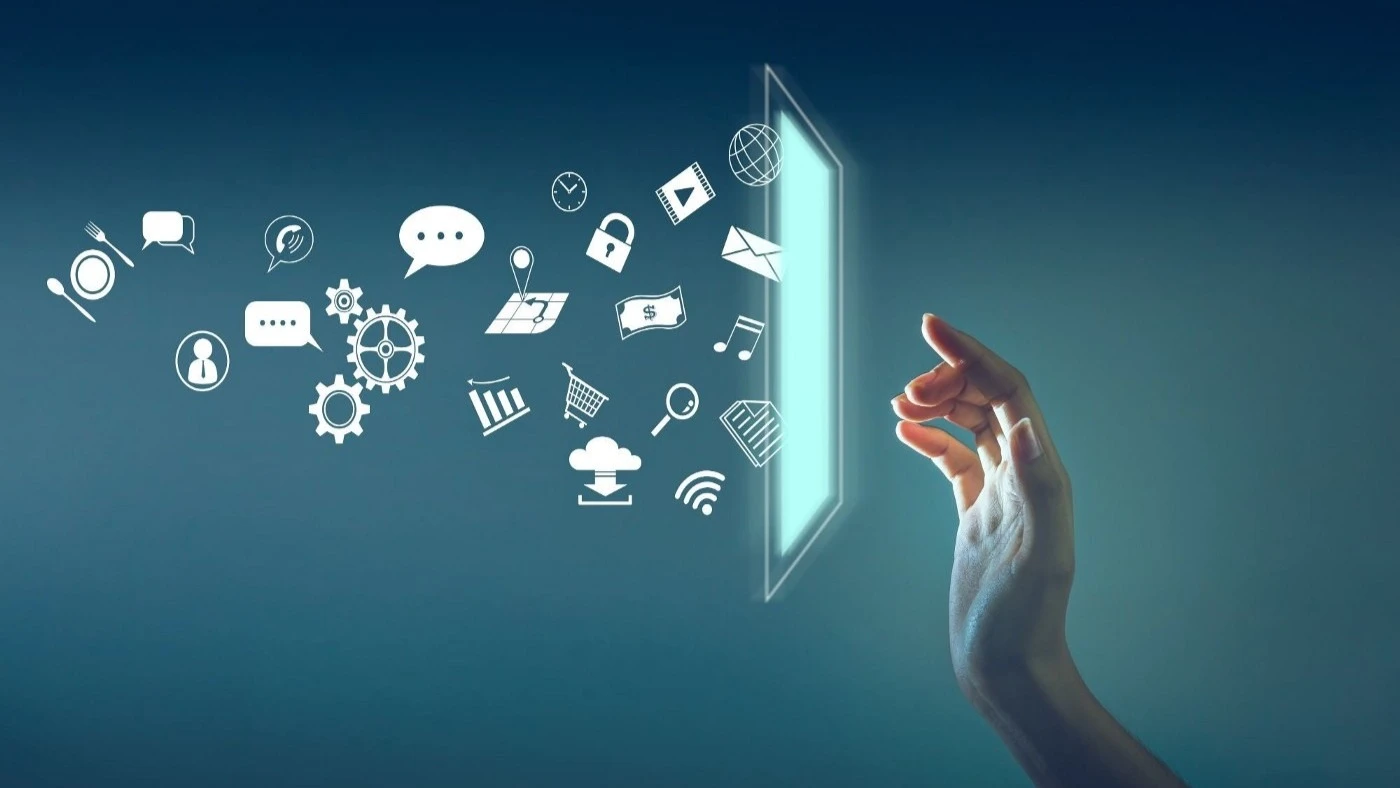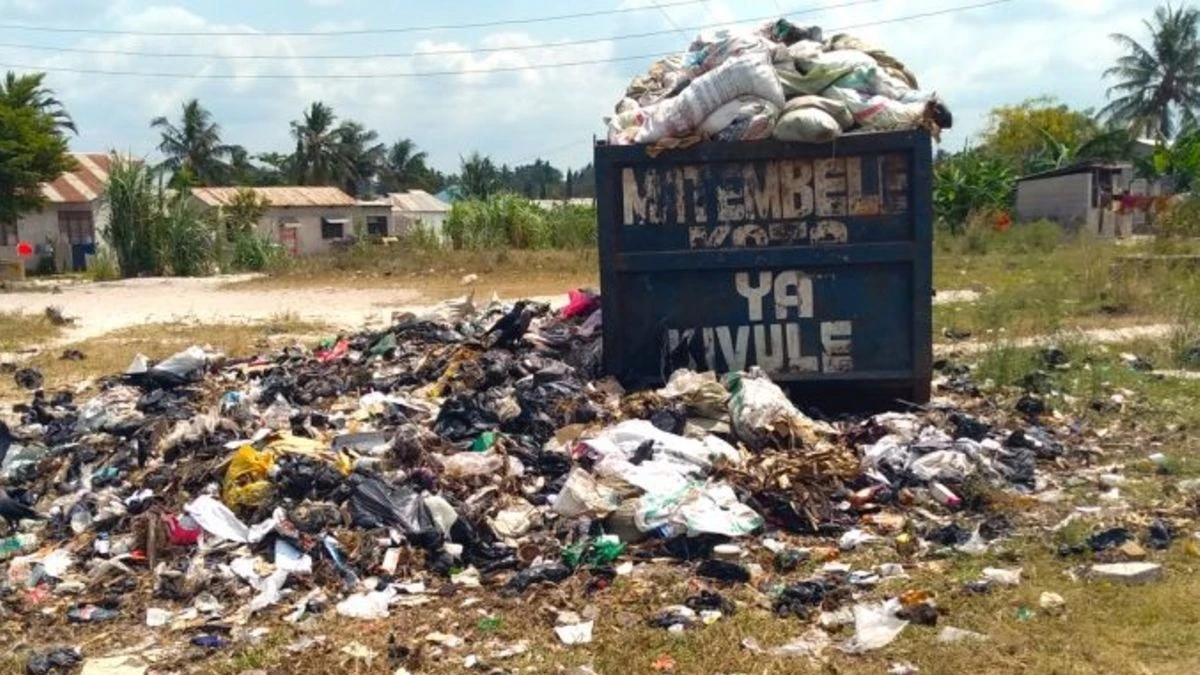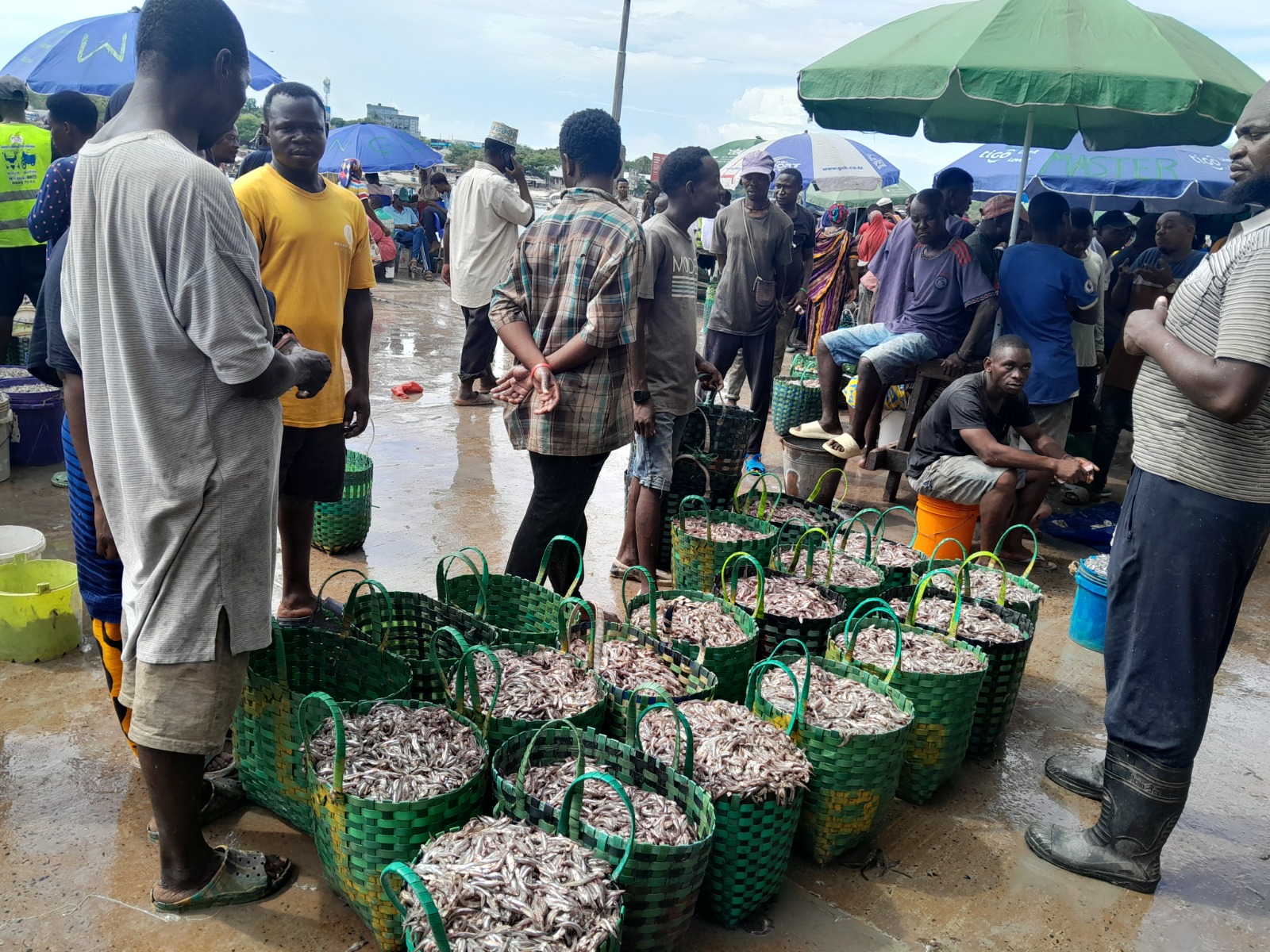The effects of cyber threats to travel, tourism industry

Digital technology has altered the tourism industry, and because of the information, data, and digital processes involved, cyberthreats represent a significant danger to businesses. Every transaction in the travel and tourism sector, from the first reservation to the last departure, offers the chance for flawless client experiences. Regrettably, it also makes it easier for hackers to take advantage of weaknesses.
To tackle the new challenges offered by digital tourism, all travel and tourist businesses need to adopt cybersecurity, which is the activity of protecting systems, networks, and programs from online threats. The swift pace of technological advancement and the growing dependence of tourism enterprises on technology have led to an increase in the significance of cybersecurity. The tourism business has become more reliant on technology and more efficient as a result, but it is also more susceptible to cybercrime. The travel and tourist industry are among the most vulnerable to cyberattacks; according to many international security reports, it ranks third in terms of incidents. Strong defensive measures are necessary due to the volume of sensitive data handled by companies in the tourism sector.
Organizations are more exposed because of the travel industry's reliance on multichannel booking and cross-platform data sharing, which significantly expands the attack surface. Travel booking online is growing in popularity and is a target for cybercriminals. The exposure to security risks rises with the digitization of reservations and the sharing of personal information online. The numerous layers of the travel and tourism value chain handle massive amounts of personal data and include many individuals who are prone to human error because of their contact with millions of clients online. Passport numbers, credit card numbers, and full identities are just a few of the financial and reputational consequences of a weak cybersecurity posture.
In order to initiate various types of network assaults, attackers search for weaknesses in the systems. Therefore, the creation of a tourist database is required to ensure the security of user data and to defend it from cyberattacks. To create strong policies, data classification and access control should be taken into consideration as first stages. Data should be identified and categorized by businesses according to regulatory requirements and sensitivity (e.g., personal, financial, secret).
They can then restrict data access to authorized users solely by putting the least privilege and role-based access control (RBAC) principles into practice. Because applications and systems in the travel and hospitality industries are open to the internet and serve as user entry points, these industries are more vulnerable to cyberattacks that gather credit card numbers, personally identifiable information, and other private data kept by travel and hotel companies. Businesses that depend on ICT systems are susceptible to cyberthreats, which can come from both internal and external sources and affect operations, politics, society, and the economy. Businesses may significantly reduce the attack surface and ensure that critical data is safe from unauthorized access by restricting who has access to it. Organizations should ensure that their policies comply with industry regulations, such as ISO 27001, the General Data Protection Regulation (GDPR), and the Payment Card Industry Data Security Standard (PCI DSS), in order to avoid legal issues.
Although integrated services improve the consumer experience, they also increase the threat environment, giving hackers additional chances to take advantage of flaws in the sector. Any organization might be at serious risk from a cyberattack, but every industry has different difficulties. Customer complaints are handled remotely by certain travel booking websites, but interruptions in the hospitality sector are more direct and intimate.
An incident could result in losing internet access or, worse, being unable to access their rooms, as hotels are often a place of solace and a home away from home for many travelers. For a business that prides itself on providing the best care possible to its customers so they can concentrate on their travels and the reasons behind them, even one cyberattacks can ruin an otherwise wonderful experience and lead to unfavorable evaluations.
Lastly, the tourism and travel industry need to be ready to handle security crises should they occur, even while technology can help enterprises greatly increase security. To effectively handle cyberattacks and lessen their effects, organizations should have an incident response plan (IRP) in place. Businesses may minimize disruption, lessen financial and reputational harm, and guarantee a speedy recovery as a result.
Businesses should encrypt all data while it's being stored and transported to prevent unwanted access. By using multi-factor authentication (MFA) and tokenization for secure cloud storage solutions, organizations can further safeguard critical data. In the interim, companies in the tourism industry should have clear data retention policies in place, ensuring that data is retained for as long as necessary to meet regulatory requirements and business objectives. Security concerns can be reduced by implementing automatic detection processes for outdated data.
Ibrahim Sultan is Cyber Security Consultant based in Arusha. These are his personal views. He can be reached through email address: sultibra@gmail.com
Top Headlines
© 2025 IPPMEDIA.COM. ALL RIGHTS RESERVED

























